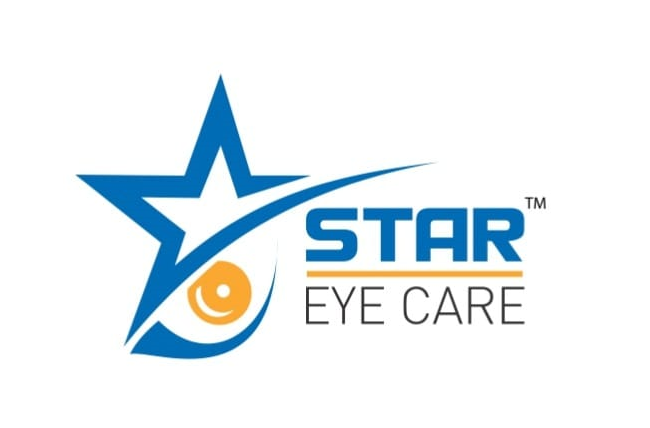Pterygium Surgery Specialist
Pterygium surgery is a procedure that's typically performed by an ophthalmologist who specializes in cornea and external eye diseases. This kind of specialist has received additional fellowship training after ophthalmology residency, which gives them the skill set necessary to perform complex procedures like pterygium surgery. Pterygium is a benign growth that forms on the white part of the eye (sclera) and can extend onto the cornea. It's commonly related to excessive sun exposure, hence it's often referred to as "surfer's eye". Symptoms include irritation, redness, and visual disturbances if the pterygium grows large enough to distort the shape of the cornea..

